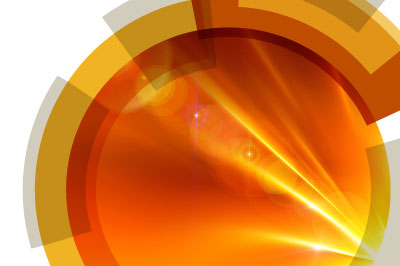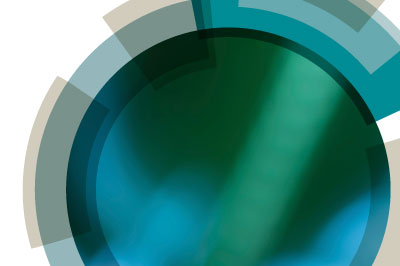Human activities have greatly impacted the Earth system so much so that it has ushered in a new epoch - the Anthropocene. The consequent changes - observed and predicted – occur in the oceans, the terrestrial regions, and the biosphere, and have raised important societal issues such as climate change, ocean acidification, air quality degradation, and ozone layer depletion.
The central component that leads to changes and impacts are the processes that alter the composition of the atmosphere. It is time to take a closer look at the processes that change the composition the Earth’s atmosphere to ensure that they are understood and represented accurately in models, whose predictions underpin societal actions.
This Discussion will focus on emerging issues such as interactions between anthropogenic and biogenic emissions, new mechanisms important for atmospheric chemistry, the impacts of climate on air quality, and new instrumental tools and platforms for atmospheric chemistry.
Find out more about Faraday Discussions in this video
In this session we will explore ocean-atmosphere and land-atmosphere interactions; new emission mechanisms and feedbacks.
Atmospheric chemistry processes
In this session we will discuss new mechanisms of importance for atmospheric chemistry, including radical chemistry and recycling, Criegee intermediates, gas phase precursors to SOA, and nitrogen cycling.
The air we breathe: Past, present, and future
This session will look at air quality-climate interactions; developing world issues; short-lived climate forcers. We will discuss air pollution extremes in the 21st century, the benefits of reducing short-lived climate pollutants, environmental pollution in developing nations.
New tools for Atmospheric Chemistry
In this final session we aim to explore the new tools and strategies available, including new measurement techniques, platforms, modelling tools and paradigms.
The central component that leads to changes and impacts are the processes that alter the composition of the atmosphere. It is time to take a closer look at the processes that change the composition the Earth’s atmosphere to ensure that they are understood and represented accurately in models, whose predictions underpin societal actions.
This Discussion will focus on emerging issues such as interactions between anthropogenic and biogenic emissions, new mechanisms important for atmospheric chemistry, the impacts of climate on air quality, and new instrumental tools and platforms for atmospheric chemistry.
Format
The Faraday Division have been organising high impact Faraday Discussions in rapidly developing areas of physical chemistry and its interfaces with other scientific disciplines for over 100 years. Faraday Discussions have a special format where research papers written by the speakers are distributed to all participants before the meeting, and most of the meeting is devoted to discussing the papers. Everyone contributes to the discussion - including presenting their own relevant research. The research papers and a record of the discussion are published in the journal Faraday Discussions.Find out more about Faraday Discussions in this video
Aims
This meeting aims to bring together a global network of experimentalists, field scientists, theoreticians, chemists, physicists and environmental scientists working at the forefront of these emerging issues, providing a forum for cross-disciplinary exchange and discussion of ideas on the processes that control the composition of the atmosphere.Themes
Atmospheric chemistry and the biosphereIn this session we will explore ocean-atmosphere and land-atmosphere interactions; new emission mechanisms and feedbacks.
Atmospheric chemistry processes
In this session we will discuss new mechanisms of importance for atmospheric chemistry, including radical chemistry and recycling, Criegee intermediates, gas phase precursors to SOA, and nitrogen cycling.
The air we breathe: Past, present, and future
This session will look at air quality-climate interactions; developing world issues; short-lived climate forcers. We will discuss air pollution extremes in the 21st century, the benefits of reducing short-lived climate pollutants, environmental pollution in developing nations.
New tools for Atmospheric Chemistry
In this final session we aim to explore the new tools and strategies available, including new measurement techniques, platforms, modelling tools and paradigms.









